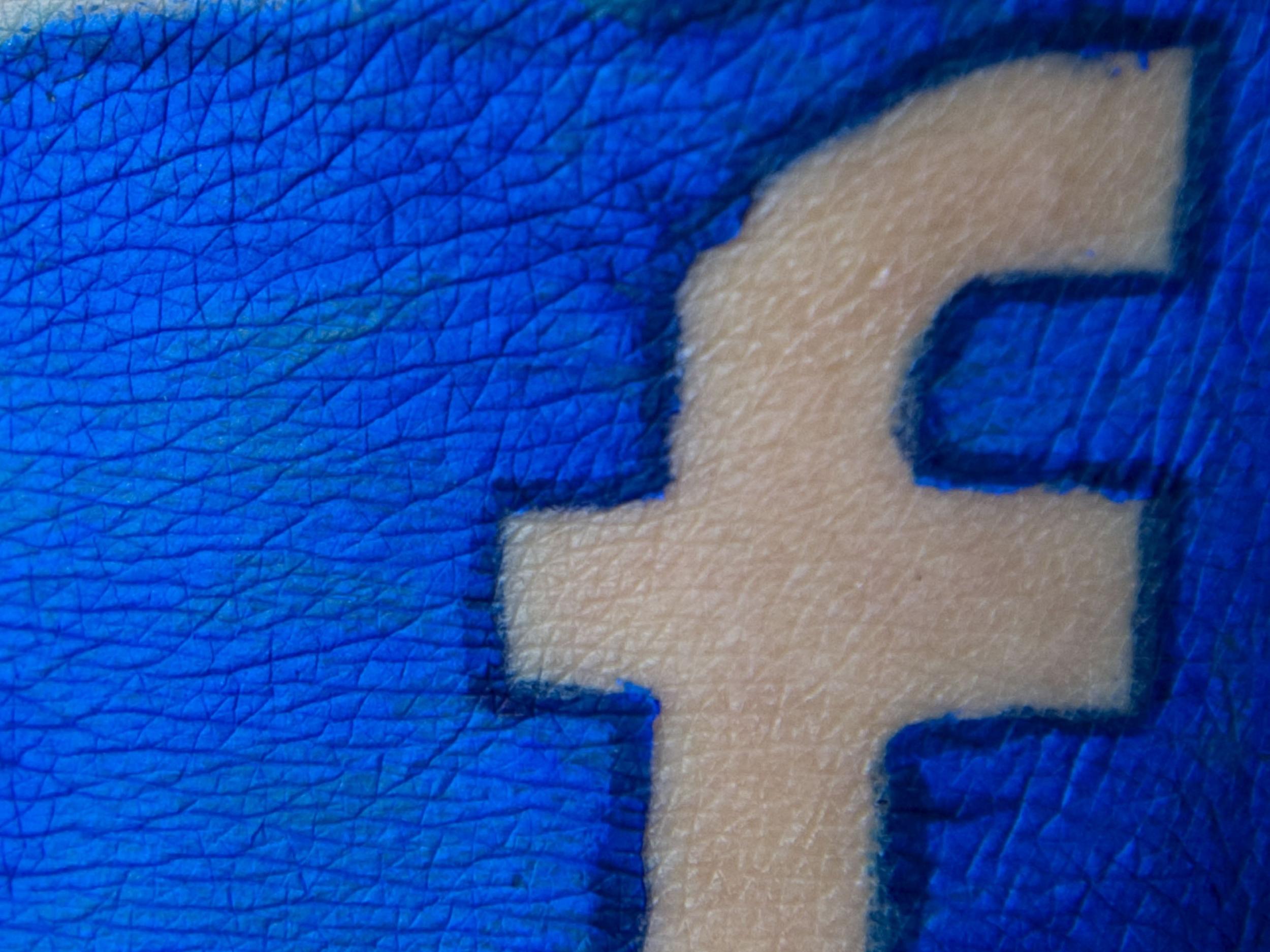Facebook makes people less happy, study finds
Deactivating the social network left people less informed but happier, researchers find

Your support helps us to tell the story
From reproductive rights to climate change to Big Tech, The Independent is on the ground when the story is developing. Whether it's investigating the financials of Elon Musk's pro-Trump PAC or producing our latest documentary, 'The A Word', which shines a light on the American women fighting for reproductive rights, we know how important it is to parse out the facts from the messaging.
At such a critical moment in US history, we need reporters on the ground. Your donation allows us to keep sending journalists to speak to both sides of the story.
The Independent is trusted by Americans across the entire political spectrum. And unlike many other quality news outlets, we choose not to lock Americans out of our reporting and analysis with paywalls. We believe quality journalism should be available to everyone, paid for by those who can afford it.
Your support makes all the difference.Deactivating Facebook for just four weeks can lead to an improvement in people's mental health, according to a new study.
Researchers at New York University and Stanford University studied the impact of quitting the social network on their behaviour and state of mind.
Entitled The Welfare Effects of Social Media, the study took place in the run-up to the 2018 midterm elections and involved 2,844 users who used the platform for more than 15 minutes each day.
Facebook deactivation among the participants resulted in an increase in offline activities such as socialising with family and friends.
It also caused an increase in subjective well-being. However, it also led to the person being less informed about current events.
Researchers also found that people who deactivated their Facebook accounts were more likely to see a persistant reduction in their use of the app after the experiment.
"Our study offers the largest-scale experimental evidence available to date on the way Facebook affects a range of individual and social welfare measures," the authors wrote. "Deactivation caused people to appreciate Facebook’s both positive and negative impacts on their lives."
Facebook did not immediately respond to a request for comment from The Independent but in a statement to The Washington Post a spokesperson said its teams are working on fostering meaningful connections across its platform.
"This is one study of many on this topic and is should be considered that way," they said.
Join our commenting forum
Join thought-provoking conversations, follow other Independent readers and see their replies
Comments